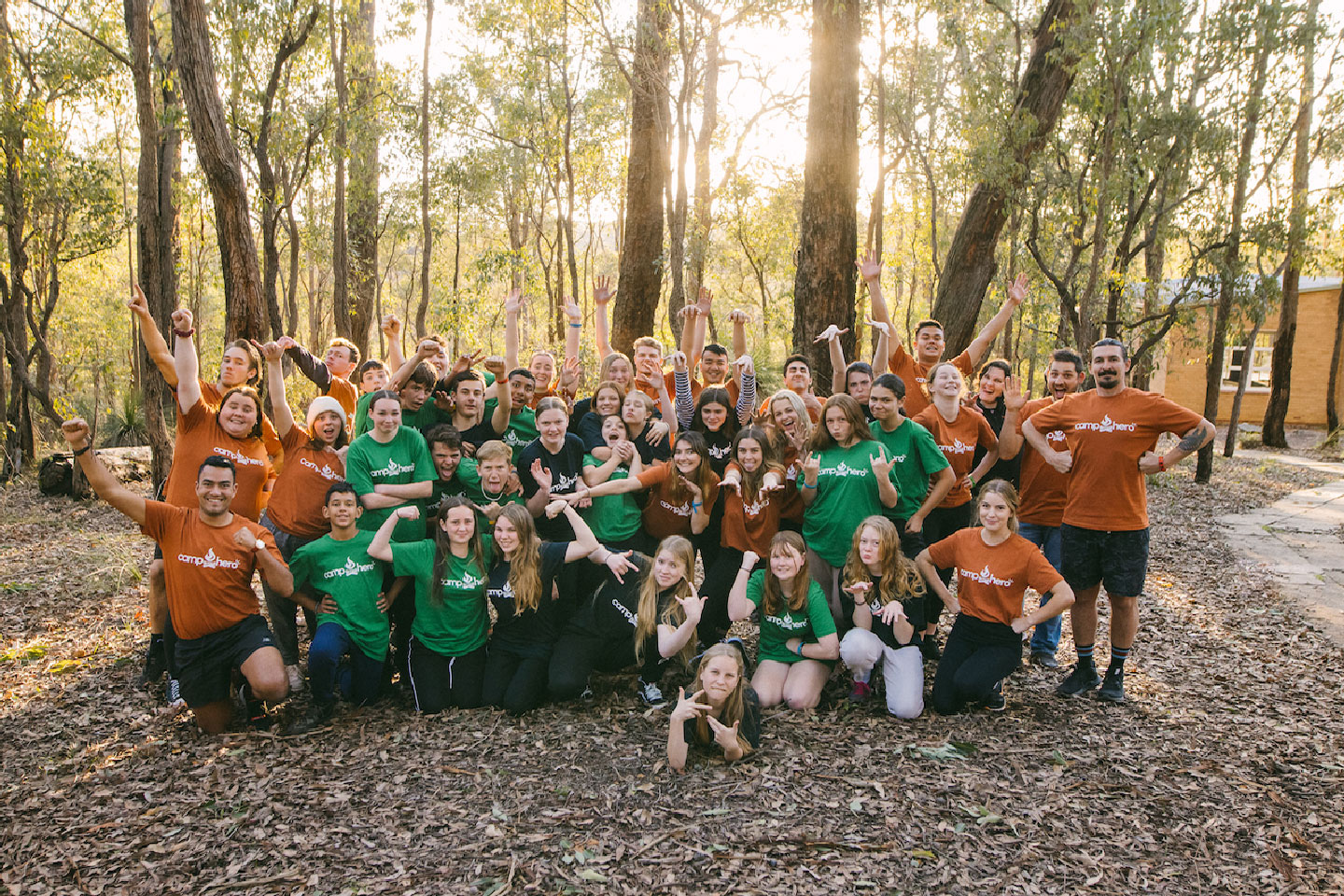Being a NFP leader is all about team, goals and financial success.


Many CEOs or directors of Not For Profits have arrived at their current board room via a circuitous route, often spending many years in the corporate world.
Contrary to perhaps popular belief, they are not necessarily solely driven by a higher vision to ‘do good’. Of course, this is part of the story for many, but the driving force of successful and inspirational NFP leaders is to make their organisations fiscally strong, relay the vision for future growth and ‘walk the talk’.
In a short series of articles, we share some of the motivations of WA’s NFP CEOs, and an insight into what drives these leaders of one of the most challenging corporate sectors.
Enabling success, sharing a vision

Peter King, CEO RMHC WA, believes there is fundamentally no difference between the role of CEO across the sectors. Put simply, he says, it’s leadership.
“For me, that’s enabling people to succeed collectively and individually in a shared purpose.
“By and large, NFP CEOs have the same responsibilities and challenges across strategy, finance, operations and culture,” he says.
There is perhaps one key difference between a NFP CEO and one in the corporate sector, he believes.
“I would say we have the advantage and reward of directly creating positive change and legacy in community.”
Not the who, but the why

For Ashlee Harrison, CEO of zero2hero, the biggest difference between leading a NFP versus the corporate sector is the ‘why’.
“Personally, I have always had a strong moral compass, even from a young age. As a student I always rallied to “make the world a better place”. I joined every possible club as a student and joined the school board so that my voice and the voice of my peers were heard. I fought for all sorts of things, from canteen food choices, to the uniform policy, and even petitioned hard to have lockers installed at school to prevent back issues and scoliosis,” she said.
“That “world” I strive to protect and defend has vastly changed as I have gotten older and a little wiser. With the understanding that you can only control what you can control, and you can’t change everything at once, I still care about a lot of different issues, however to ensure my voice is heard I limit what I speak on and rally support for. My focus is now firmly on supporting young people, mental health and wellbeing.”
Making a choice for the greater good
Opting to work in the NFP sector goes far beyond a nice office or the perks of the job. For Peter King, it’s the chance to make a difference on a far greater scale than just the remit of an organisation’s annual financial report.
“I believe it’s the opportunity to experience a far greater impact of leadership beyond the bottom line,” he says.
“Additionally, NFPs, by the nature of limited resources, are highly innovative and that can attract those drawn to navigating and leading through change.
The chance to change the national narrative around your NFP’s field is also a fascinating opportunity for some.
“In my role, I frequently interact with peer leaders in government and the private sector,” says Mr King.
“As an NFP CEO, I see that as an advantage and reward to engage and collaborate across numerous industries and sectors.”
For Ms Harrison, being able to ‘sleep better at night’ is a major reason for choosing the NFP sector.
“I wake up inspired when I feel like I am making a difference or leaving some sort of legacy for my children,” she says.
“With a background in sales and marketing, I would much prefer to sell the idea of supporting young people than real estate or coffee machines, both items I sold prior to university.
“I am not saying the world doesn’t need houses or coffee - in fact coffee is a pretty exciting part of my morning - however, I feel far more alive working with a team that supports thousands of young people to support their own mental health and prevent suicide in the community than I ever did selling ‘ample storage’ and ocean glimpses.”
Making the leap – and never looking back

Switching lanes from the corporate sector to the NFP can be a big change but for Kate O’Hara, CEO of Foodbank WA, it was an opportunity not to be missed, but only once she fully understood what the role would involve.
“For me the switch came once the opportunity had been properly detailed,” she says.
“I was not seeking an NFP role as I held incorrect perceptions about the sector and the level of corporatisation that exists. To lead and to make the change, I wanted to know the strategy, KPIs, financials, structure, team, financials and Board objectives for the new CEO.
“Their vision and desire to see the organisation keep evolving and stepping held a high appeal for me, but I did have to have it mapped out as I didn’t appreciate the corporatisation that was already in place within Foodbank WA.”
For Ashlee Harrison, as founder of zero2hero, she has worked for the organisation for most of her adult life.
“However, during the first nine years with zero2hero, I was a volunteer and during this time had other roles. I personally struggled feeling “alive” working in the for-profit sector. In order to feel happy and fulfilled I must be somewhere value-aligned.
“This can definitely be achieved in the for-profit sector, I just found it easier to achieve working and volunteering in charity.”
A marathon, not a race
For Ms Harrison, measuring the success of her leadership is visible through the growth of the organisation, the quality of the programs and their delivery and finally the satisfaction of her team and stakeholders.
“Managing these three areas requires constant review, management and improvements.”













